

From making health care more affordable to this group, to allowing new college grads to stay on their parents’ insurance as they tinker with market-shaping innovations and ideas in their parents’ garages, the Affordable Care Act has been a game changer for entrepreneurship.
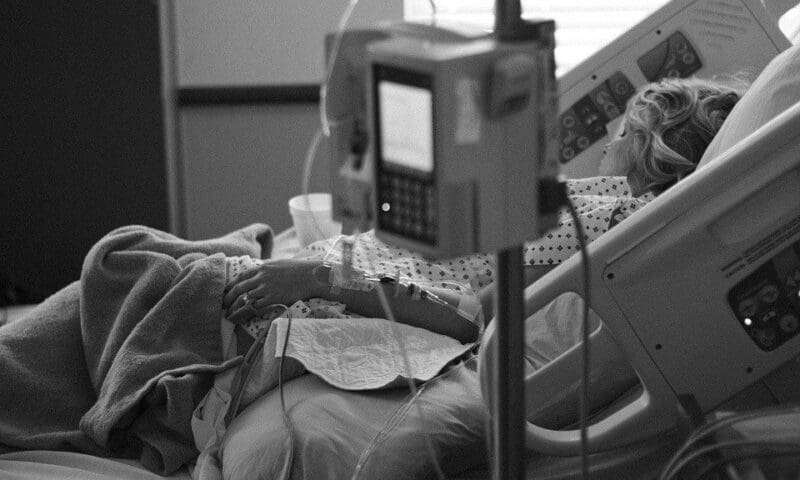

Co-published by International Business Times
The single-payer health care bill California’s Senate will vote on this week could result in significant savings for the state’s businesses and residents, according to an economic analysis commissioned by the bill’s supporters and released Wednesday.
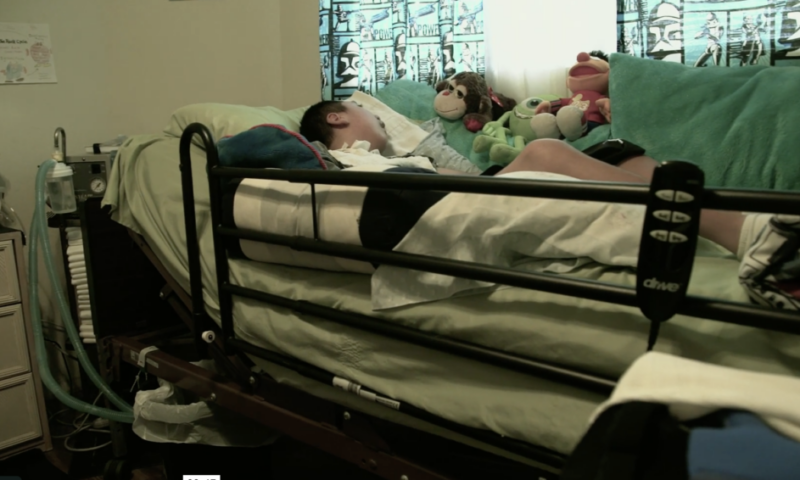

Under the American Health Care Act passed by the U.S. House of Representatives last week, California’s half million in-home care recipients, who include the elderly, the blind and the disabled, could be facing big cuts in services.


Whatever aspirins are prescribed by the Senate, as it prepares its version of the American Health Care Act, they may not make Americans’ health-care headaches go away.


The GOP’s new American Health Care Act looked bad enough. Then its fine print revealed an attack on the medical coverage of millions of workers that one expert said wasn’t a loophole, but “a gaping chest wound.”


Co-published by The American Prospect


The former national campaign manager of Health Care for America Now looks at the winners and losers in the Republicans’ American Health Care Act. BY BILL RADEN


Days before House Republicans presented their American Health Care Act, health-policy experts discussed the current Affordable Care Act’s dismantling during a panel that was part of the California Budget and Policy Center’s annual conference.


What exactly Trumpcare will be remains vague, but for the more than 50 percent of South L.A. that now relies on the state’s ACA Medi-Cal expansion for health coverage, the future is frighteningly uncertain.
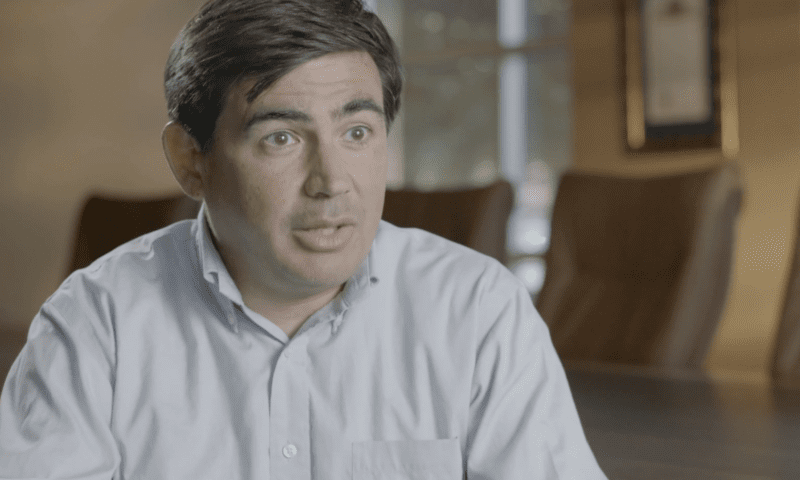

“Uncovered California” is a three-part series of stories and videos examining how the Golden State is trying to fill holes in its health care coverage.
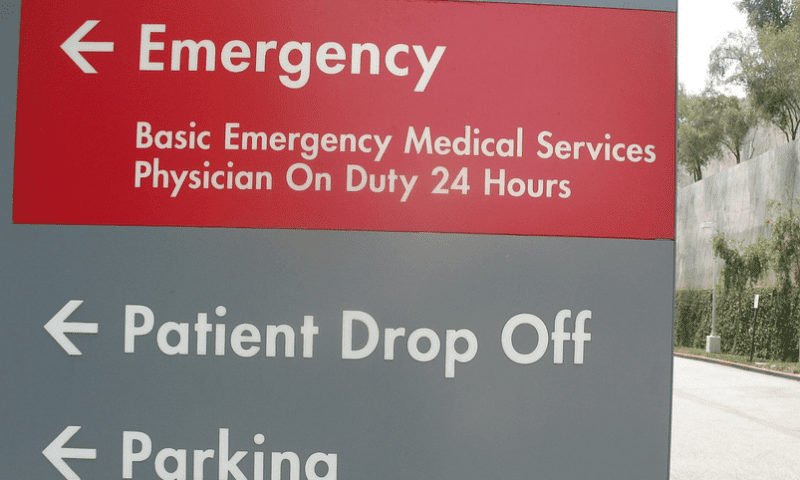

“Right now, I have a medicine sitting at Wal-Mart pharmacy that I can’t purchase till payday,” Jacqueline, a 55-year-old San Diegan told me during a telephone interview in mid-April. She asked that her last name not be used for this story. “I’ll go without, eight or nine days till payday. It’s for my high cholesterol.”
Five years after the Affordable Care Act became law, and more than three years after California began moving aggressively to implement its provisions, upwards of three million Californians remain without health care coverage; and millions more, like Jacqueline, have basic coverage but continue to be grievously under-insured.This is the story of how so many Californians continue to fall through the ACA’s cracks.
“Uncovered California” is a three-part series of stories and videos examining how the Golden State is trying to fill holes in its health care coverage. Sasha Abramsky’s articles look at working people who are falling through coverage cracks,
» Read more about: Uncovered California: Why Millions Have Fallen Into Health Care Gaps »


In two Thursday rulings the Supreme Court came down on the side of a functioning government that can help improve life prospects for Americans – should the people’s representatives so desire. While Californians wouldn’t have been immediately impacted had the Court undermined legislation on health care and housing discrimination, the implications could have been drastic down the road.
In upholding the Affordable Care Act, the High Court affirmed its role firstly to “say what the law is,” as Chief Justice John Roberts wrote in the majority opinion, citing Marbury v. Madison; and, secondly, to be guided in that endeavor by adhering to the overall plan of the legislation — rather than zeroing in on each textual clause viewed in isolation. In doing so, Roberts’ Court not only saved the landmark health care law at hand, but avoided creating the implication that major legislation could potentially be undone by a stray sentence or errant copyediting.


A recent L.A. Times story profiled a fast-food worker who, according to reporter Don Lee, would lose eligibility for Medicaid if his wages were raised to $15. His wage gains could be “wiped out” by the higher health care costs he’d end up paying. Lee’s portrayal was inaccurate and misleading.
The story centers on 53-year-old Douglas Hunter, a Chicago McDonald’s cook and a leader in the Fight for $15, a national movement of fast-food workers who are pushing for $15 in hourly wages and the right to form a union without employer retaliation.
Hunter is currently enrolled in CountyCare, a Medicaid-managed care plan that pays for his health care, including more than $700 per month in medications and supplies he needs to manage his diabetes, cholesterol and blood pressure. Contrary to Lee’s assertion, Hunter would still qualify for Medicaid based on his income if his wage were raised to $15.
» Read more about: L.A. Times Calls Out Fight for $15 Guy, Gets It All Wrong »
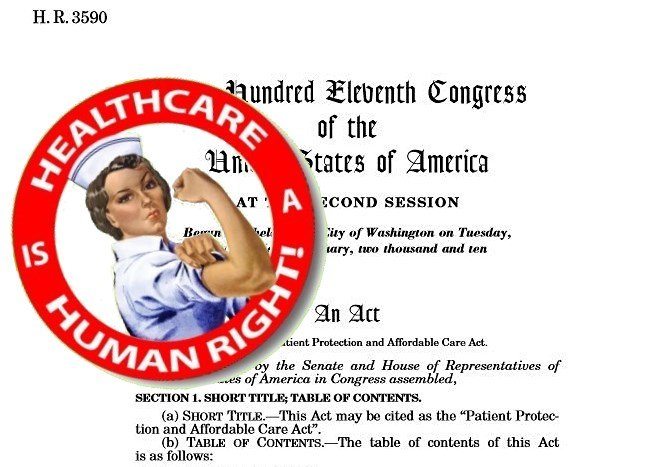

With the absolute, final-final deadline for 2014 sign-ups now completely passed, and despite numerous speed bumps, implementation of the Affordable Care Act is well under way. From my view as a bedside nurse and advocate for patients and health care workers for more than 30 years, I see a chance to close some dangerous gaps in our country’s health care systems.
In the U.S. we like to think of ourselves as the best at everything. And it’s true that we have the finest health care—for those who can afford it. Unfortunately, for the average American our care is also the most expensive, with some of the poorest outcomes, in the industrialized world. Many Americans, pre-ACA, had no access to anything but emergency care, due to cost and/or pre-existing conditions. These are the biggest gaps ACA seeks to close.
My mother had her hip replaced in 2009. I’m thankful I was there,
» Read more about: An Opportunity to Close Health Care Gaps »
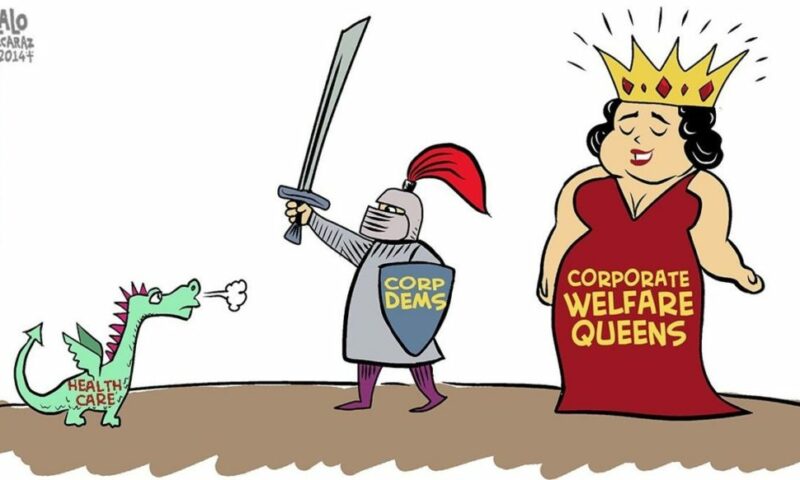

This week we continue our series about the shaping of California’s laws and policies by Corporate Democrats. In his second article, Pulitzer Prize-winning investigative reporter Gary Cohn examines how a bill does not become a law when powerful business interests lobby against it.
Jim Araby was dead asleep when his cell phone rang at 6 a.m. last June. Until then the labor activist had been enjoying an idyllic family vacation in Guerneville, on Sonoma County’s Russian River. But the number appearing on his phone told him the call was from Sacramento, suggesting bad news. The voice he now heard confirmed it.
“Can you get here?” a union colleague asked. “We need you.”
Araby, a regional director of the United Food and Commercial Workers, listened in dismay as he learned that Assembly Bill 880, which more than half a dozen community groups and unions had supported,


Having failed to defeat the Affordable Care Act in Congress, to beat it back in the last election, to repeal it despite more than 80 votes in the House, to stop it in the federal courts, to get enough votes in the Supreme Court to overrule it and to gut it with outright extortion (closing the government and threatening to default on the nation’s debts unless it was repealed), Republicans are now down to their last ploy.
They are hell-bent on destroying the Affordable Care Act in Americans’ minds.
A document circulating among House Republicans (reported by the New York Times) instructs them to repeat the following themes and stories continuously: “Because of Obamacare, I Lost My Insurance.” “Obamacare Increases Health Care Costs.” “The Exchanges May Not Be Secure, Putting Personal Information at Risk.”
Every Republican in Washington has been programmed to use the word “disaster” whenever mentioning the Act,
» Read more about: Obamacare Smears Can’t Hide Three Major Truths »


In addition to serving as Senior Fellow for Health Care for the Roosevelt Institute | Campus Network, I am the Executive Director for my campus’ Roosevelt chapter. A few weeks ago at our general body meeting, I asked the crowd whether they had been talking with their friends about the Affordable Care Act and what these conversations sounded like. Did they know the basics: that in January, most Americans will be expected to either carry at least minimal insurance or pay an opt-out penalty? Do they know that they will be able to stay on their parents’ insurance until they are 26, if they so choose? Have they compared the prices of different options available for young adults versus the penalty?
The question meant to take up the first 10 minutes of our meeting turned into a full 40-minute discussion. As we scarfed down our pizza in true hungry college-student fashion,
» Read more about: Obamacare: Millenials Want Facts, Not Politics »


There are good reasons why President Obama’s leading message on health care during the 2008 campaign, often repeated since, was “if you like your health insurance, you can keep it.” That message was created to overcome the fear-mongering that had blocked legislative efforts to make health care a government-guaranteed right in the United States for a century.
Our health is of central importance to our lives, deeply personal to our well-being and those of our loved ones. That concern has translated politically; for decades, people have told pollsters that health care is a top concern. It is why every 15 to 20 years – from 1912 to 2008 – the nation has returned to a discussion about whether and how the government should guarantee health coverage, the debate rising phoenix-like from one spectacular defeat after another. A big reason for those defeats has been that opponents have exploited those deep feelings to scare the public about proposed reforms.


Conservative Republicans have lost their fight over the shutdown and debt ceiling, and they probably won’t get major spending cuts in upcoming negotiations over the budget.
But they’re winning the big one: How the nation understands our biggest domestic problem.
They say the biggest problem is the size of government and the budget deficit.
In fact our biggest problem is the decline of the middle class and increasing ranks of the poor, while almost all the economic gains go to the top.
The Labor Department reported Tuesday that only 148,000 jobs were created in September — way down from the average of 207,000 new jobs a month in the first quarter of the year.
Many Americans have stopped looking for work. The official unemployment rate of 7.2 percent reflects only those who are still looking. If the same percentage of Americans were in the workforce today as when Barack Obama took office,
» Read more about: Conservatives Are Crying – All the Way to Victory »


In times of national crises, thoughtful journalists often hit the history books to find precedents and analogies.
Here’s a tip from a retired newspaper scribe turned history teacher: Look no farther than late 1860 and early 1861 to find historical parallels to our current crisis.
One hundred and fifty three autumns ago, our nation elected our first Republican president, Abraham Lincoln. Last fall, we re-elected our first African American president, Democrat Barack Obama.
The white, mostly Democratic, slave state South had an almost pathological hatred for Lincoln and his anti-slavery party.
Before the voters went to the polls on November 6, 1860, Southern politicians and newspaper editors warned that the slave states would secede if Lincoln won. (Eleven of 15 did; Kentucky, my home state, and Lincoln’s, did not.)
Today, many, if not most, House Republicans, and more than a few GOP senators, hate Obama to the point that they are willing to push the country into default and risk wrecking the economy over the Affordable Care Act,